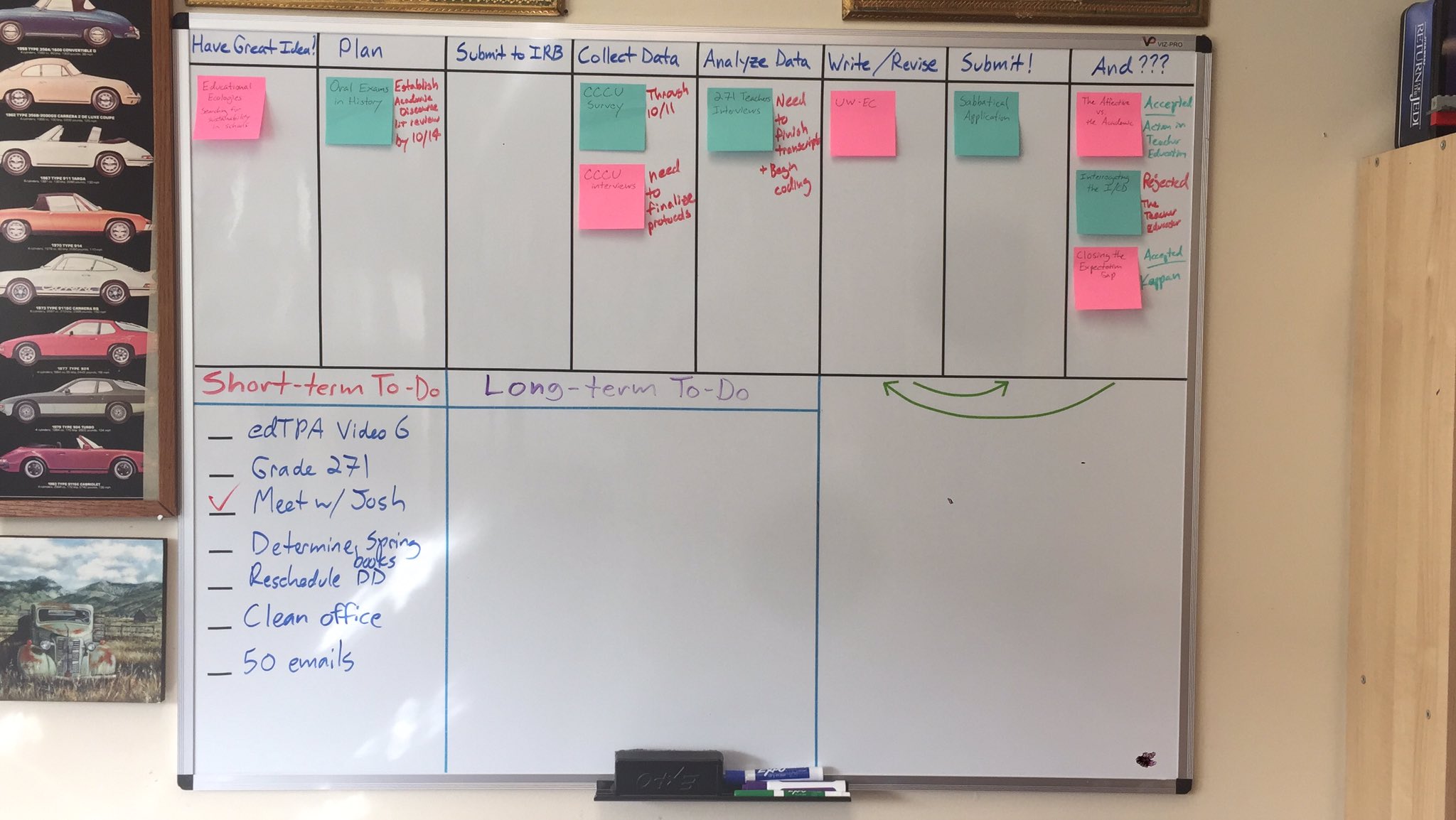Last updated 1 April 2020 by Anna Willoughby
OSE Graduate Students serve as both mentee and mentor in research and classroom environments. Here are some resources that may be helpful in navigating these interactions.
The Mentor-Mentee Relationship
Read some blog posts about undergraduate mentoring from Megan Duffy and Jessica Ernakovich.
Mentor-mentee compacts are a great way to outline expectations and project goals.
Here are some examples:
- UGA Graduate School
- Georgia Coastal Ecosystems LTER
- University of Utah Office of Undergraduate Research
The CITI Program offers a mentoring module in the RCR Basics Course. This module discusses the ethical responsibilities of mentors and trainees. Specifically covered are the roles of an advisor, supervisor, and mentor, as well as strategies for managing conflicts between mentors and trainees. You can access this module for free through UGA’s Professional Education Portal.
Project Management

Stay organized. A clear project outline and schedule will aid in providing clarity of expectations to a mentee. Staying personally organized will help you provide regular and reliable mentoring. OSE grad students organize through a variety of techniques. There’s no one best method. Options include lab notebooks, bullet journal, or gantt charts. Each lab has different styles and expectations.
Undergraduate Support
There are several ways that you can mentor undergraduates through funded or course-credit experiences.
- CURO Program Research Assistantships and Fellowships (UGA students)
- OSE Course Credit through ECOL4960R (UGA students)
- Department of Biology Course Credit through BIO4960 (UGA students)
- Co-mentor through established UGA REU Programs. OSE is home to the Population Biology of Infectious Diseases REU.
Awards – For up to date information, check the OSE website
- The Horseshoe Bend Student Research Award up to $500 is offered to undergraduates twice a year (deadlines April 1 and October 1) for students pursuing research at the Horseshoe Bend Research Site.
- The Georgia Museum of Natural History offers the Laerm Award to support undergraduate research.
- The Thelma Richardson and Frank Golley Undergraduate Support Award is a $500 award that encourages individual excellence in undergraduate studies with awards to Odum School undergraduate students for travel, papers, general merit, or other endeavors. Apply here by April 1.
- The UGA Library’s Undergraduate Awards offers awards $400 – $800 for undergraduate to submit an essay on their research.
Other tips:
- The Secret Curriculum Project is a UGA-maintained “Scholarship Rolodex” is filled with career opportunities, scholarships, and fellowships as well as tips for applications.
- Talk with your PI, they may have funds available to hire undergraduates through grants that you could act as co-mentor for.
Final Products
- All undergrads mentored by OSE faculty and graduate students are encouraged to present at the OSE Graduate Symposium (early Spring Semester every year).
- The Council on Undergraduate Research is a national organization with a meeting every Spring that you can apply to present.
- Publish undergraduate work! Encourage undergraduates to publish their work through traditional Ecology journals or there are several undergraduate-focused journals (see a list here).